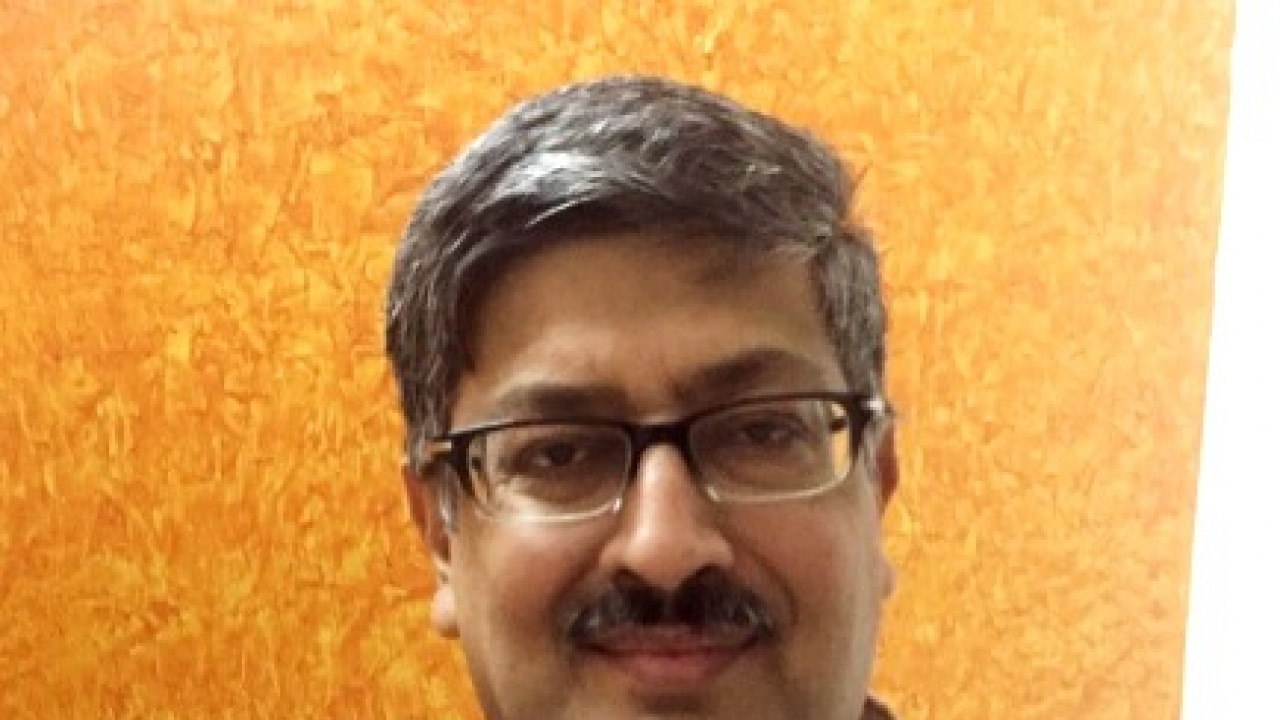
One of the foremost disability rights activists in India today, an inaccurate medical diagnosis had confined Javed to the wheelchair when he was very young. In December 1995, he led a massive protest, urging the Parliament to pass the People with Disability (PwD) Act the very same year. The Act is India's only legislation for the rights of differently-abled people. In 2004, the Supreme Court took note of his petition to make elections disabled-friendly. As a result, the 2009 Lok Sabha elections was the first national election in which wooden ramps were set up for the differently-abled and Braille signs were included on EVM machines for the blind. But his journey for the rights of the differently-abled is far from over, he says.
Twenty years have passed since the People with Disability (PwD) Act, 1995 was passed. Do you see progress in the rights of differently-abled people?
For the disabled people, almost half a century was wasted after India's independence, as there was no law for the protection of their rights till 1995. After the PwD law was passed, there has been progress, but it has been very slow. Even now, the environment is hostile for disabled people in the country. Unlike earlier, students do not get turned away from elite institutions because they are disabled, but accessibility still remains one of the biggest challenges. Despite the Act mandating public institutions to have ramps, lifts and facilities to enable free mobility, disabled students still drop out of schools and colleges or are completely dependent on others for access to classrooms. Even after getting a good education, they don’t get good jobs. I believe that neither education nor employment is possible without accessibility. And neither of two are possible without effective law and policy.
What is the real number of differently-abled people in India?
The Census of India, 2011, says that the disabled people in India are 2.1 percent of the total population. But this number seems to be an understatement. I have a news report which says that the number of disabled people in the country was 4 percent. But somehow, this report never got official approval. Most of the neighbouring countries have ranged it between 4 to 6 percent. Even the World Health Organization (WHO) says 15% of the global population is disabled. Since most of the global load of disability is on developing countries, it is unlikely that the number of disabled persons in India is lesser than 4 percent of the total population. The recent historical data is not available, as the past five census' have ignored this classification in their census.
What is the biggest obstacle in achieving equal access for the differently-abled?
The government needs to give up its paternalist attitude. It should create an enabling environment so that a disabled person can live a dignified life. The world is speaking laurels about 'Digital India', but the fact is that a blind person still can't book a railway ticket or a passport appointment online on his own, as the websites are not disabled-friendly. The PwD Act, 1995 mandates public buildings, hospitals to have ramps, braille signs etc. Sadly, a disabled person cannot visit most government buildings without assistance. A wheel-chair bound person cannot get inside a railway coach, because the railway doors are not built wider by two inches. You would be aggrieved to know that many disabled people don't eat for two days before a rail journey. They fast because they feel ashamed to take the help of co-passengers or relatives to go to the toilet. Why doesn't the Railway Minister ensure that the design of the coaches is changed a little, so that a few seats in every bogie are disabled-friendly? Not just them, even wheel-chair bound senior citizens would benefit from this step.
Isn't livelihood one of the most important issues for differently-abled people?
In India, only 2% of disabled people are self-dependent. Contrast this with our neighbour China, where 80% of disabled people can function independently. Many of our government's vocational training classes for disabled people are obsolete. They are still taught cane weaving and envelope making. But the government alone cannot provide gainful employment to them. The private sector also has to come forward. Some private companies encourage disabled people to apply for jobs. Lemon Tree Hotels, for example, derives 10% of its workforce from disabled people. Many more such private companies should come forward to do so. Part of the problem comes from the lack of clarity in government policies. The PwD Act,1995 states that private companies, which derive more than five percent of its workforce from disabled people, be given incentives. But the nature of incentives has not been specified. If the incentives are attractive, more private companies will be encouraged to employ them.
What are your thoughts on the Sugama Bharat Abhiyan Abhiyaan (Accessible India Campaign) that will be launched by PM Narendra Modi on 3 December?
The original PwD Act mandated public establishments to be disabled-friendly. The Sugamya Bharat Abhiyaan to be unveiled, seeks to identify 50 to 100 existing public buildings in cities to be made fully accessible for disabled people. But why limit the scope to only a few buildings? Innumerable new buildings are coming up every day in India. On 3 December, India should also pledge that designs for buildings will not be passed unless they are made disabled-friendly. The PwD Act is often criticised for being toothless. If the lawmakers are serious about equality, they should pass the Right of Persons with Disabilities Bill, 2014 in the current Parliament session. It seeks to correct most of the omissions of the PwD Act of 1995.